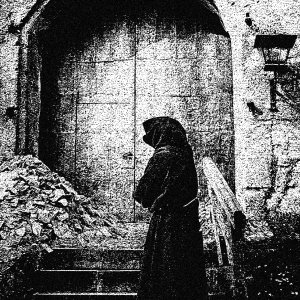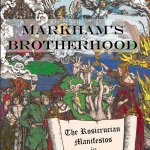Markham’s Brotherhood
 The Rosicrucian Manifestos in Modern English
The Rosicrucian Manifestos in Modern English
NEW BOOK RELEASE
by Frater S.E. Markham
Fama Fraternitatis

Published by Ferret Books
ISBN: 978-1-9160345-0-1
Format: Paperback 264 pages
VISIT FERRET BOOKS FOR MORE INFORMATION
 The Rosicrucian Manifestos in Modern English
The Rosicrucian Manifestos in Modern English
NEW BOOK RELEASE
by Frater S.E. Markham
Fama Fraternitatis

Published by Ferret Books
ISBN: 978-1-9160345-0-1
Format: Paperback 264 pages
VISIT FERRET BOOKS FOR MORE INFORMATION